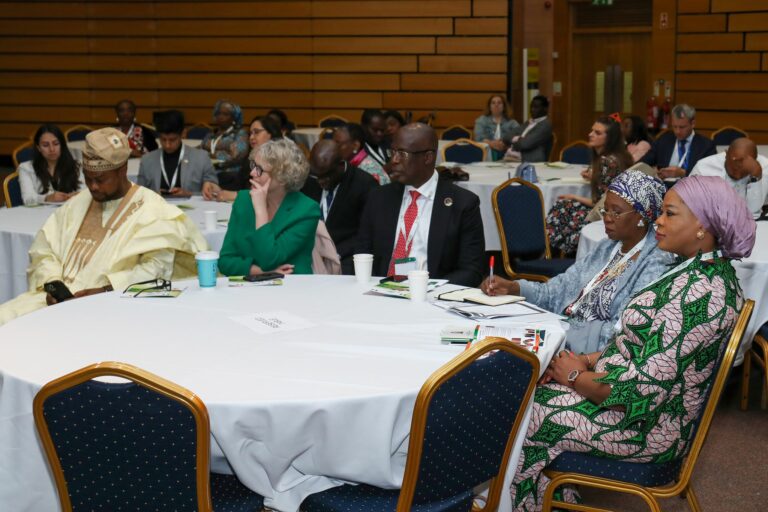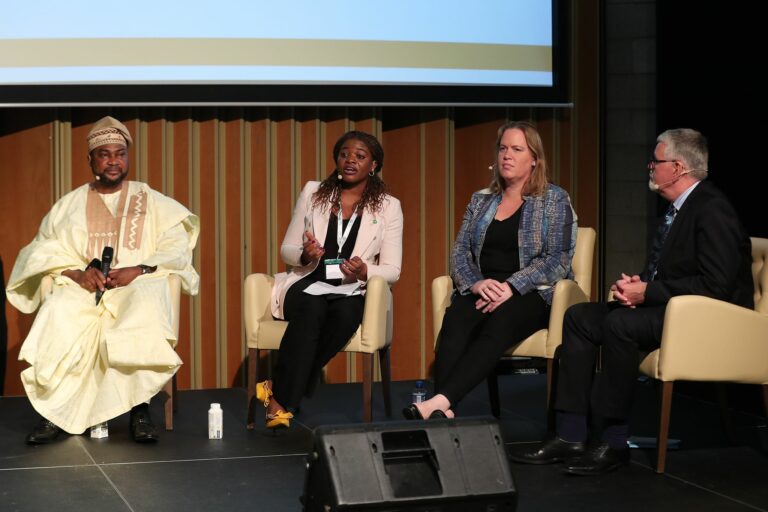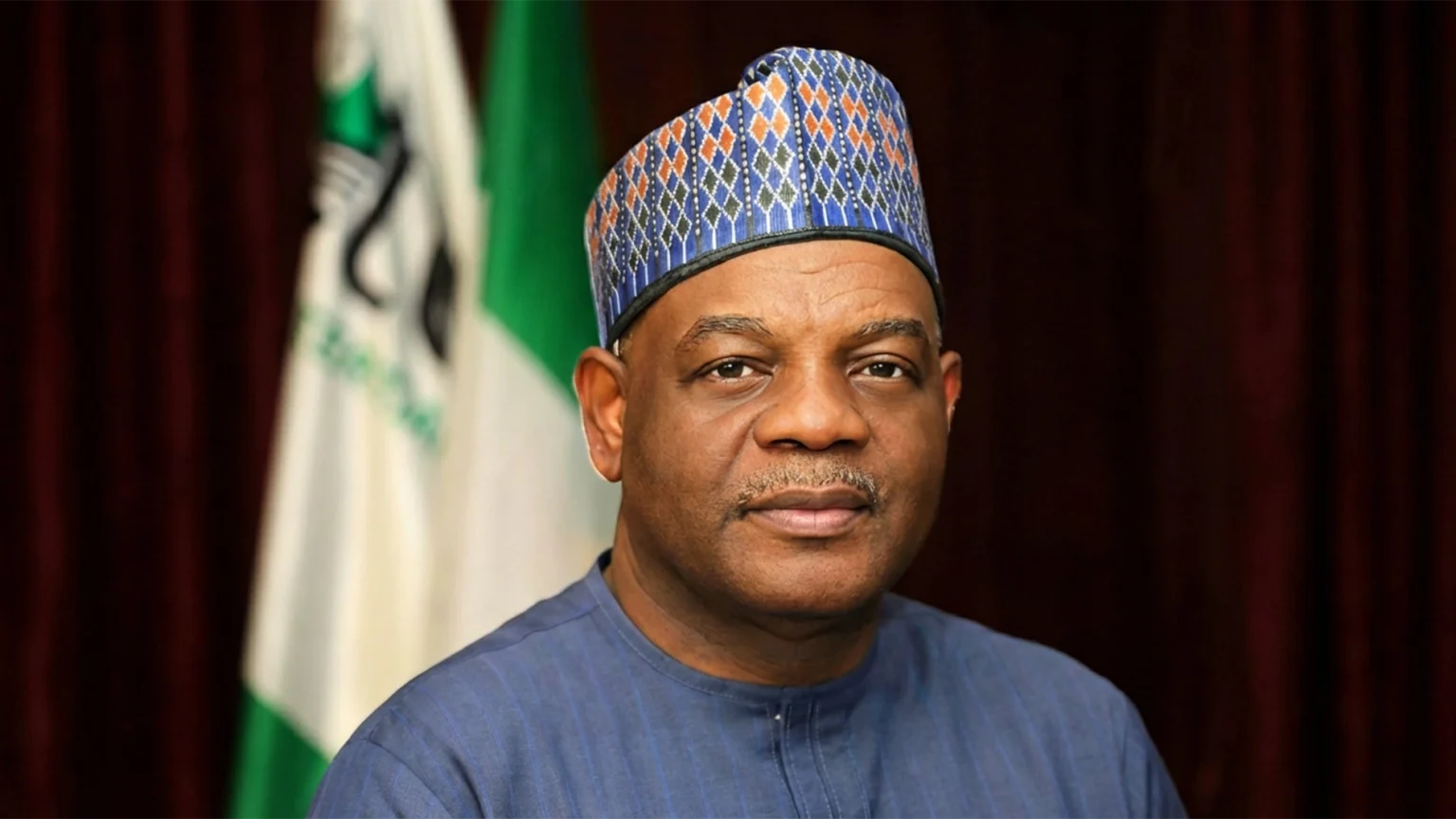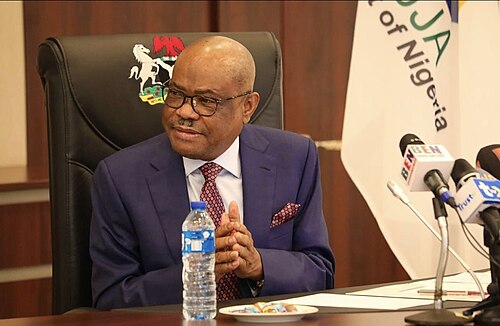Ireland has signalled a renewed willingness to work closely with Nigeria to deepen cultural ties, revive the country’s fading textile traditions, and support the growth of small-scale manufacturing. This commitment came as the President of the Police Wives’ Association (POWA), Dr. Mrs. Elizabeth Egbetokun, alongside other key stakeholders, urged the Federal Government to adopt practical steps to rebuild the declining textile sector during the first Made-in-Nigeria Textile (MiNT) Summit in Abuja.
Irish Ambassador to Nigeria, Peter Ryan, said Ireland sees enormous potential in Nigeria’s creative and cultural economy and is eager to collaborate with government institutions, local communities, and businesses to preserve the nation’s indigenous fabric heritage. He noted that both nations share a strong cultural identity shaped by history and expressed vividly through textile traditions.
Drawing from Ireland’s own experience, Ryan explained that the country was able to safeguard its cultural assets—including its language and textile practices—despite nearly a millennium of colonial rule. This preservation, he said, enabled Irish textiles to become globally recognised and sold in major cities around the world. According to him, Nigeria can achieve similar global appeal by protecting its local designs, strengthening value chains, and investing in community-rooted production systems.
He emphasised that Ireland seeks cooperation rather than competition, stressing that the authenticity of Nigerian textiles can only come from Nigeria, just as Irish fabrics can only be truly produced in Ireland. Ryan also highlighted the growing creative collaborations between Nigerian designers in Ireland and their Irish counterparts, describing it as a sign of what deeper bilateral engagement can achieve.

He encouraged Nigerians to embrace the “Made in Nigeria” philosophy consistently, noting that sustained support for the ecosystem would empower young people and preserve ancestral traditions. Ryan assured participants that Ireland is ready to develop structured, trust-based partnerships and that its delegation at the summit was present to learn and identify areas of meaningful contribution.
POWA President Egbetokun, who received an award for her efforts in promoting Nigerian arts and culture, called for renewed national commitment to saving the textile industry. She described the summit as an opportunity for Nigeria to reassess and chart a new course for its textile future.
The organisers of the MiNT festival expressed deep concern that Nigeria could lose invaluable cultural and economic assets if indigenous fabric technologies continue to decline. Dr. Lizzie Ben-Iheanacho of the Central Working Committee explained that the disappearance of traditional fabric-making skills poses a threat not only to cultural identity but also to intellectual property. She warned that when local technologies vanish, foreign companies replicate Nigerian designs for profit without acknowledging or benefiting the communities where they originated.
Ben-Iheanacho proposed that the Federal Government mandate the use of locally produced fabrics for school uniforms as a practical way to stimulate demand. She pointed to successful policies in Burkina Faso, Ghana and recent initiatives in Ogun State to show how government intervention can revive the sector.

MiNT Programme Director, ChukwuEmeka Okereafor, reminded participants that Nigeria once had a vibrant textile industry supported by cotton farmers across the North. Reviving the sector, he said, requires investment across the entire value chain—from farming to design and distribution. He criticised Nigeria’s reliance on import-driven revenue, arguing that it undermines domestic production.
Stakeholders at the summit linked the collapse of the textile industry to inconsistent policies, smuggling, weak border controls, and the influx of cheap polyester imitations. They urged the government to protect local manufacturers, support cotton growers, and implement a coordinated national revival plan.
They concluded that restoring Nigeria’s textile industry would boost rural economies, create jobs, strengthen cultural identity, and unlock new export opportunities. The festival ended with an exhibition of Nigerian fabrics and awards presented to notable contributors, including Egbetokun and Ambassador Ryan.




